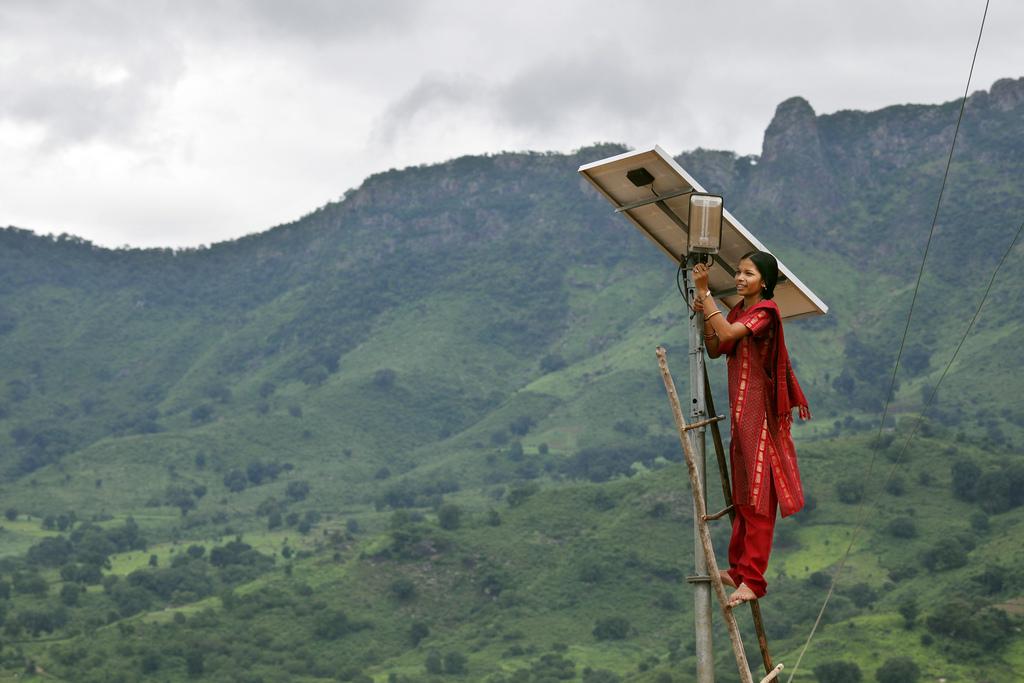A US renewable energy company has plans to sell solar power in India at record breaking low tariff prices.
SunEdison, a global renewable energy company who’s goal is to _“transform the world of energy and deliver clean, affordable energy to people everywhere,” _has won a 500MW solar capacity bid, which was offered in an auction by the government in Andhra Pradesh, a southern Indian state.
The Missouri-based company won the auction with their bid of 4.63 rupee’s per kilowatt-hour.
According to an official from the ministry of new and renewable energy, this is the lowest tariff to be offered in an Indian solar action; eight per cent lower than any other that’s been offered in past auctions.
The lowest a solar tariff has been priced in India before this was about 5.05 rupees per kilowatt-hour, which was for a project in central India undergone by SkyPower, a Canadian company.
According to an anonymous government official, the cost of coal power is between 1.5-5 rupees
These unusually low bids have worried some analysts and investors, who cite the possibility that will such aggressive pricing, the projects wont get built.
Others argue that low tariffs are beneficial for distribution companies, as well as the government’s energy target and India’s solar industry in general.
Clean energy big business in India
These record low prices of solar power in India have come at a time where Narendra Modi, the Prime Minister of India is pushing to combat climate change with clean energy .
If the falling rates continue, the government may provide more support for renewable energy sources such as solar and wind power.
The Modi government predict that clean energy will bring $160 billion worth of business to India over the next five years.
The biggest beneficiaries are expected to be companies from the US such as SunEdison and First Solar Inc.
Cheap loans are also being provided in India in order to set up solar projects and to help companies purchase land.
This is being done to meet their goal of reaching 175 gigawatts of renewable energy generation by 2020.
Rather than cutting emissions like China is committing to, India has turned to renewables to help fight climate change.



